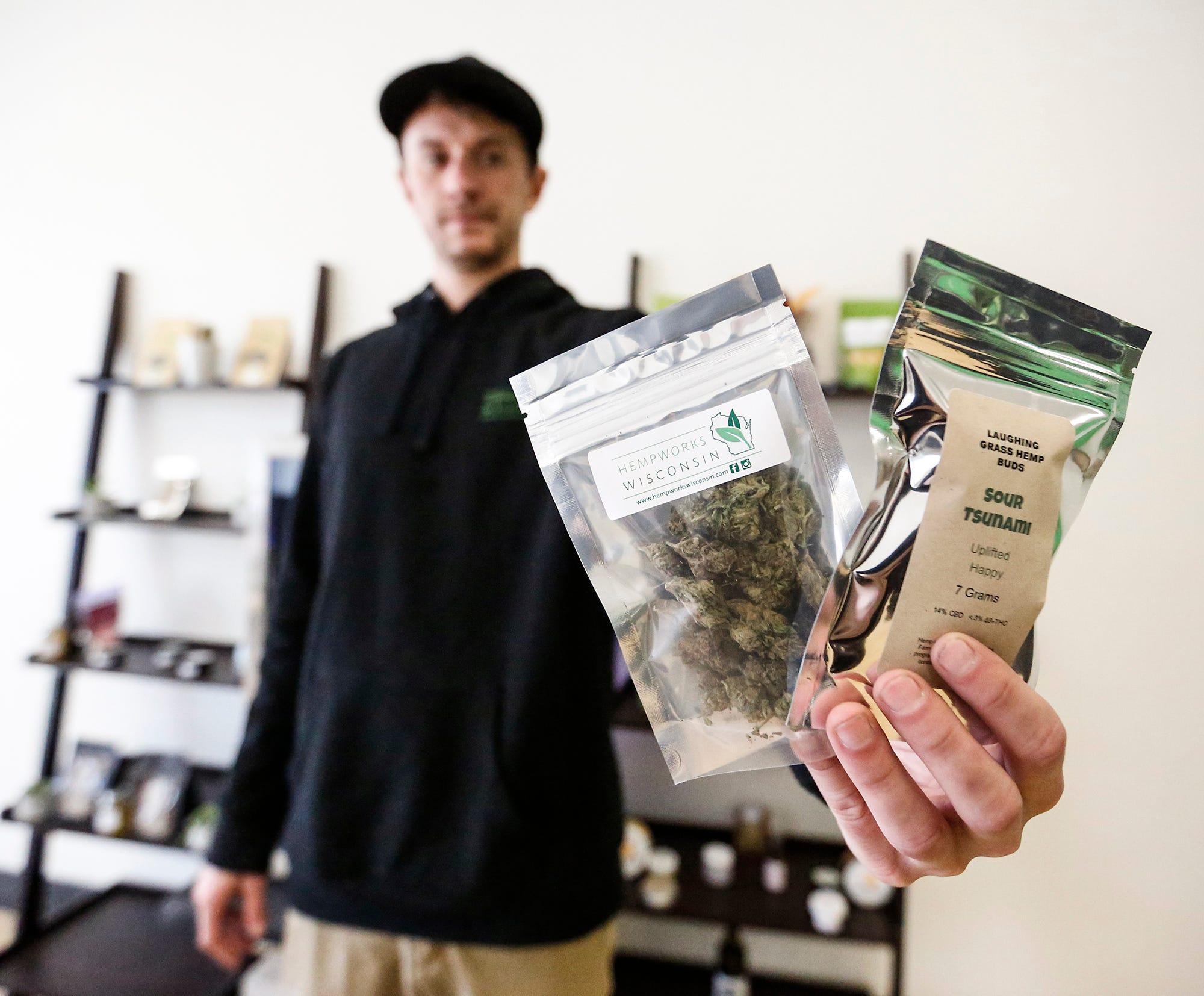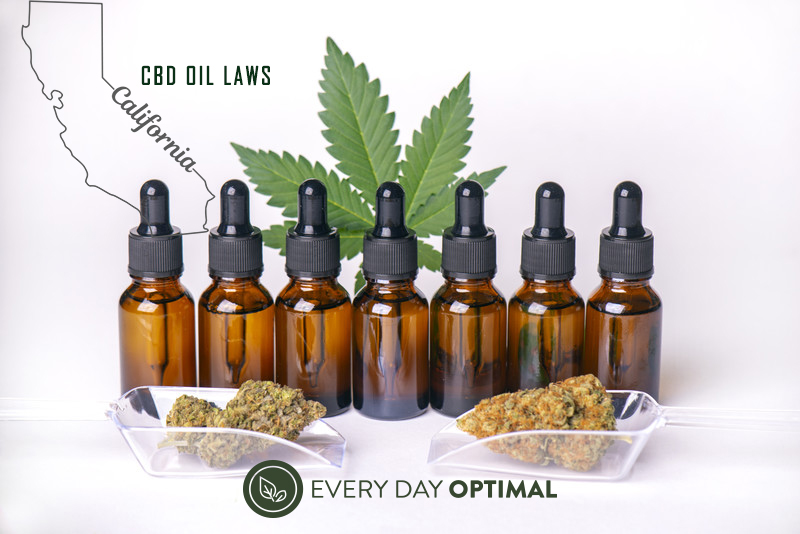
Delta 9 THC, a psychoactive cannabis cannabinoid is, is not known to have a lethal dose. Most people limit their intake to 5 to 50 mg. Paranoias, anxiety, hallucinations or delusions can result in side effects beyond the recommended dose. There are many forms and types of delta 9 cannabis, including oils, topicals, edibles, tinctures, and edibles.
THC-O
THC O-delta-9, also known as THC acetate ester, is a derivative THC. THC is a highly potent and reactive drug. Patients suffering from anxiety disorders or epilepsy may take the drug. Its effects on the central nervous systems are what most of its side effects are. These are the risks and benefits of THC-O Delta-9:
THC-O has more potent effects than its THC counterpart. It acts as a prodrug and is metabolized in the liver before becoming active in your body. THC-O can be considered safer than medical cannabis users because it is more bioavailable. THC is also milder than Delta-9, which makes it easier for those who suffer from anxiety and nausea. There is only one difference between them: their potency.

THC O is an isomer delta-9
While Delta-8 THC is the most commonly available form of THC, the isomer THC-O is not. This isomer is created by replacing the eighth carbon atom with a double bond. Although it has psychoactive effects, it is not found in marijuana. Both are made using a process called industrial hemp. However, NORML advises consumers to avoid purchasing THC-O and Delta-10 derived products until more research is conducted on the safety of these synthetic compounds.
The main difference between THC-O and Delta-9 is the potency. THC-O is five-fold stronger than Delta 9. However, Delta-9 THC has a lower potency than THC. They are both similar in nature. THC is legal in most countries but it is still illegal in certain. This compound's legality varies from one state to the next. Combining THC-O with Delta-9 will give you the desired effects. You may also be able to use other cannabinoids, terpenes and combinations of them.
THC-O is less potent
THC-O is also known by the name hashish. It is a type cannabinoid that must only be made in a laboratory. This cannabinoid produces the strongest and most intoxicating effects of all the THC cannabinoids. It is 300% stronger than Delta 9 THC. This cannabinoid produces the same psychedelic effects. THC-O users say they have had a spiritual or mystical experience.
THC-O is not produced by taking CBD from the cannabis plants. This yields a delta 8 derivative. It is less powerful than delta 9 and thus less addictive. Although it is illegal to make and sell delta-9 THC, it is legal in most other states. Also, delta-8 THC is not controlled at the federal level. It may be sold freely.

THC-O may have therapeutic effects
THC-O, or Tetrahydrocannabinol, is an extremely psychoactive synthetic form of THC that is three times more potent than delta-9 THC. It has been likened to mescaline, a substance also found in marijuana. THC-O users have reported feeling heavy and unable move. THC-O's potency, while not recommended for medicinal use, is comparable to delta-9. THC O is less common than other forms, but it is much more potent and produces stronger effects.
THC-O is available in online stores. Although safety concerns have been raised, you can find supplements containing THC-O that only contain one-fifth the active ingredient in THC. It may have therapeutic benefits for patients and conditions, despite the potential risks. It is promising for patients suffering from spasticity and neuropathic discomfort. Although THC-O's potential benefits are yet to be determined, research is ongoing to explore its benefits.
FAQ
What are the best CBD brands available?
These are the top five CBD brands that we have handpicked based upon quality, reliability, as well as value.
They offer high-quality CBD oil products that contain less than 0.2% THC.
Also, we recommend that you check out our list with the top CBD sellers around the world.
Is CBD a good investment?
The market for hemp-based products continues to grow as people become increasingly aware of their benefits. By 2022, the market for hemp-based products will reach $1 billion.
The market is also expected to continue growing at an annual rate of over 20% until 2020, when it reaches $2.5 billion.
Hemp oil is already used in many beauty and health care products such as lotions, shampoos, lip balms, moisturizers, body butter, and skin creams.
Many companies also make CBD-infused snacks, pet food, treats, and other food products.
CBD is currently legal in all 50 US states. This may change quickly. Businesses will find it easier to legally operate legally as more research is done on CBD's potential uses.
With these factors in mind, it's clear that investing in CBD can be a lucrative venture.
Can CBD have a future in medicine?
Yes. But not because of its medical benefits but rather due to its ability to help people feel better without getting high.
The fact that it doesn't make you feel any different when you use it makes it perfect for those who are looking for an alternative to prescription drugs.
We know that cannabis can help with anxiety, depression, pain relief, insomnia, and other conditions, as evidenced by numerous studies.
Cannabinoids, also found in cannabis are thought to interact with our brain receptors. This interaction results in feelings of relaxation as well as well-being.
If you are interested in cannabidiol oil (CBD) for your health, it is important to know what it is and how it affects you.
Are CBD companies worth the investment?
The answer depends on the question you are asking. If you want to make money, then yes, they are a great investment, but if you just want to invest in something that might help people, then I would say no because there are other ways to do that without spending $20k on an oil extraction machine.
How can CBD products successfully be marketed by companies in compliance with regulations?
The FDA does no regulate hemp as a crop commodity. The Controlled Substances Act regulates other cannabis derivatives (e.g. pot). There are currently no regulations regarding CBD.
CBD is legal in 29 states. Federal law, however, still considers it illegal. Businesses that want to sell CBD products face uncertainty.
The FDA has strict guidelines regarding how CBD products can be promoted. The FDA requires that all CBD products clearly disclose their THC content. Without scientific evidence supporting this claim, CBD cannot be used to treat certain medical conditions.
In addition, the FDA requires manufacturers to submit detailed information regarding manufacturing practices and quality control measures. To demonstrate safety and efficacy, the FDA requires companies to perform clinical trials.
When developing their own marketing strategies, companies should take into account these points.
Statistics
- The inhibition of FAAH is predicted to lead to an increase in brain and plasma concentrations of AEA, which acts as a partial agonist at CB1R and CB2R, thereby increasing endocannabinoid tone [92, 110]. (ncbi.nlm.nih.gov)
- however, one study also found that these effects were virtually abolished when the original media (a nutrient broth agar) was replaced with one containing 5% blood (increasing the minimum concentration to ~160 μM CBD) [179]. (ncbi.nlm.nih.gov)
- A recent systematic review of human trials also reported that individuals with epilepsy receiving CBD (5–20 mg·kg−1·day−1) were more likely to experience decreased appetite than those receiving placebo (i.e., ~20 vs. 5% of patients) (ncbi.nlm.nih.gov)
- The use of these products is likely to become even more widespread if the World Health Organization's recommendation that CBD no longer is scheduled in the international drug control conventions is adopted by the United Nations member states [201]. (ncbi.nlm.nih.gov)
- OralWhere HED is the human equivalent dose, and Km is a correction factor estimated by dividing the average body mass (BM) of the species (60, 0.020, and 0.150 kg for 11 humans, mice, and rats, respectively) and by its surface area (see: Nair et al. (ncbi.nlm.nih.gov)
External Links
How To
How to Get Certified To Sell CBD Products
One of many cannabinoids found within cannabis plants is CBD (cannabidiol). It's been used medicinally throughout history, including traditionally in China, India, and many South American countries. Due to its ability treat conditions like anxiety and pain, epilepsy, inflammation, and other ailments, it has become increasingly popular. There is no formal certification program for CBD products. At least, not in the U.S. Anyone who wants to sell CBD products will have to use the "unofficial", self-certification process.
There are two methods to do this. The first option is to join a canna business association. By joining a local association of canna-business owners, you will be able to learn from others and receive support and advice. There are currently many associations across the country. Another option is to go online. Many states allow canna businesses to operate online. If your state allows online canna-businesses, you can immediately set up a website and begin accepting orders. However, you must still register with your state's Department of Public Health. Once you have registered, it will be possible to apply for your license through the state's department public health. Once you have your license, it is legal to open your shop and accept orders.